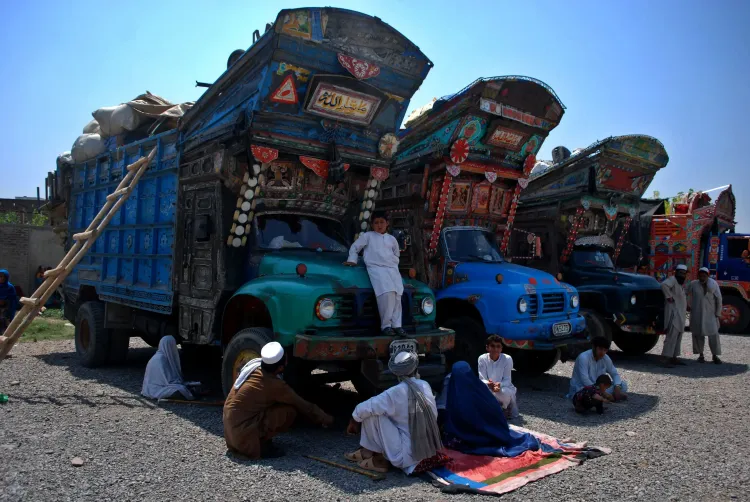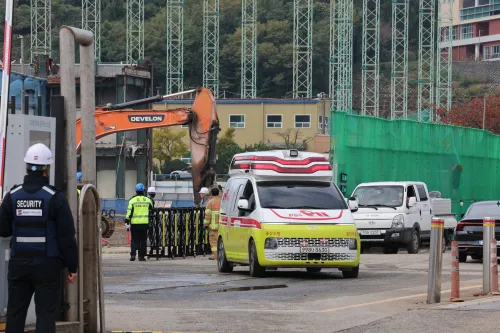Why Are Over 12,000 Afghan Refugees Being Deported?

Synopsis
Key Takeaways
- Over 12,000 Afghan refugees were deported in a single day.
- Returnees received humanitarian assistance and telecommunications support.
- Conditions for Afghan refugees in Pakistan remain severe.
- Diplomatic negotiations are essential for resolving the crisis.
- International organizations must assist with food, shelter, and healthcare.
Kabul, Nov 9 (NationPress) Over 12,000 Afghan refugees have been forcibly repatriated from Iran and Pakistan in just one day, as reported by a Taliban official, according to local media on Sunday.
In a statement shared on X, Taliban deputy spokesperson Hamdullah Fitrat revealed that 2,098 families, totaling 12,455 individuals, were sent back to Afghanistan from Iran and Pakistan on Saturday, according to Pajhwok Afghan News based in Afghanistan. The returnees crossed through Spin Boldak in Kandahar, Bahramcha in Helmand, Torkham crossing in Nangarhar, Islam Qala crossing in Herat, and Pul-i-Abresham in Nimroz.
Fitrat mentioned that some returnees were escorted to their home regions, while 2,051 others received humanitarian assistance. Additionally, telecommunication firms distributed 1,652 SIM cards to the refugees repatriated from Iran and Pakistan.
Earlier in October, Afghan refugees expressed distress over increasing challenges and rising fears amid the ongoing crackdown in Pakistan, as reported by local media.
They claimed that the Pakistani police have recently issued warnings in several mosques that anyone aiding refugees, including renting homes or shops, would be deemed a criminal by the government.
“A significant number of Afghan refugees, including children, women, and the elderly, have been confined in Pakistani detention centres for over 15 days, enduring extremely harsh conditions,” stated Atiqullah Mansoor, an Afghan refugee in Pakistan, as quoted by TOLO News.
Moreover, numerous other refugees noted that, alongside the destruction of shelters, the Pakistani government has intensified arrests and forced deportations. They urged the Pakistani government to halt home demolitions and allow them to remain in Pakistan, at least through the winter.
“Winter has already commenced. Many of the remaining homes of Afghan refugees have been destroyed. We implore the Pakistani government to cease the demolition of remaining homes; otherwise, refugees will be left without shelter and nowhere to go. Additionally, the government has cautioned locals against renting homes to Afghan refugees, or they will face legal repercussions,” said another Afghan refugee.
Migrant rights advocate, Nazar Nazari, emphasized: “The resolution to this crisis lies in diplomatic discussions between Afghanistan and Pakistan, aiming to stop home demolitions and prevent forced deportations. Simultaneously, collaboration with international organizations is crucial to provide shelter, food, healthcare, and employment opportunities. Such strategies can alleviate pressure on refugees and make the repatriation process more humane and sustainable.”









